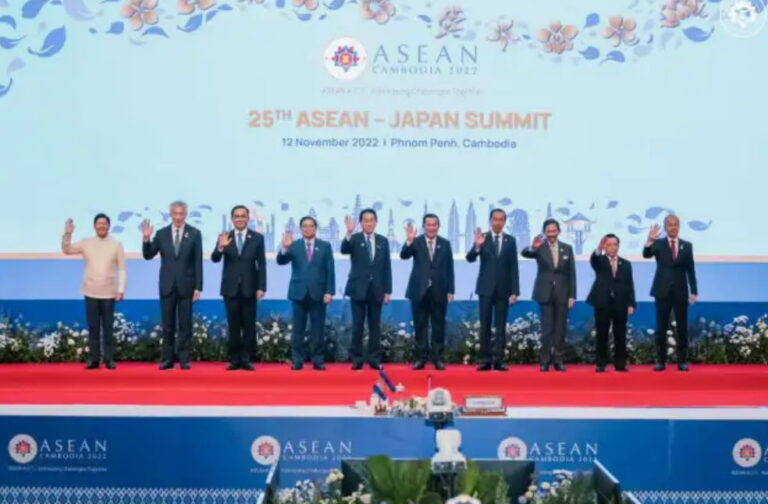Phnom Penh, Cambodia: The midterm election results gave President Biden an unexpected boost at the office for the second year, and he was still celebrating them when he recently arrived in Cambodia.
Mr. Biden got more news from home a day after he got to Asia, which may have helped him keep going on the rest of his world tour. He also predicted that his party would keep the majority in the Senate.
“We feel good about where we are. And I know I’m a cockeyed optimist,” Mr. Biden stated recently from the lobby of his hotel. However, even as the results of the election are still being tallied, the scale of challenges abroad and the need to turn 21 months of intense engagement into real outcomes for US partnerships will test the value of that political capital on the global stage.
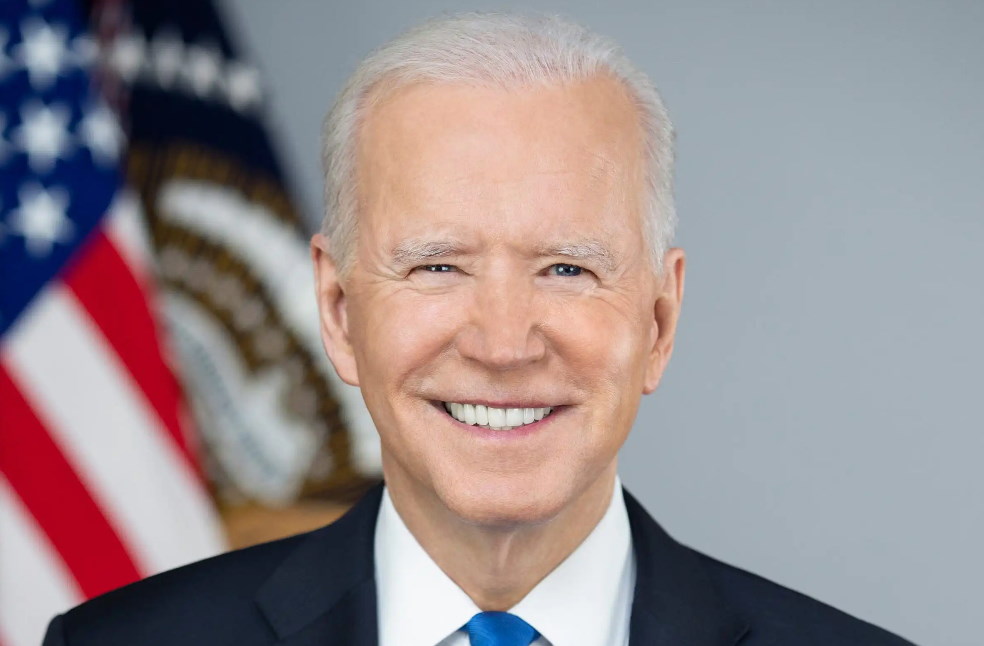
In his meeting with South Korean President Mr. Yoon Suk Yeol and Japanese Prime Minister Mr. Fumio Kishida, Mr. Biden confronted a series of stark challenges. These leaders are crucial partners in the Indo-Pacific region, which is being rattled by North Korea’s rising violence. It also looms large that China will become more assertive and belligerent, which has long been a key worry for the Mr. Biden administration.
The US President remarked at the beginning of the three-way discussions that, “For years, our countries have been engaged in trilateral cooperation out of a shared concern for the nuclear and missile threat North Korea poses to our people.”
Mr. Biden’s visit to an Asian forum comes as aides predict a significant boost from defying political and historical norms in the November elections. Even if President Biden’s message doesn’t change significantly, its support is undeniably stronger now that American voters sent a message that exceeded the expectations of even the most pessimistic White House officials.
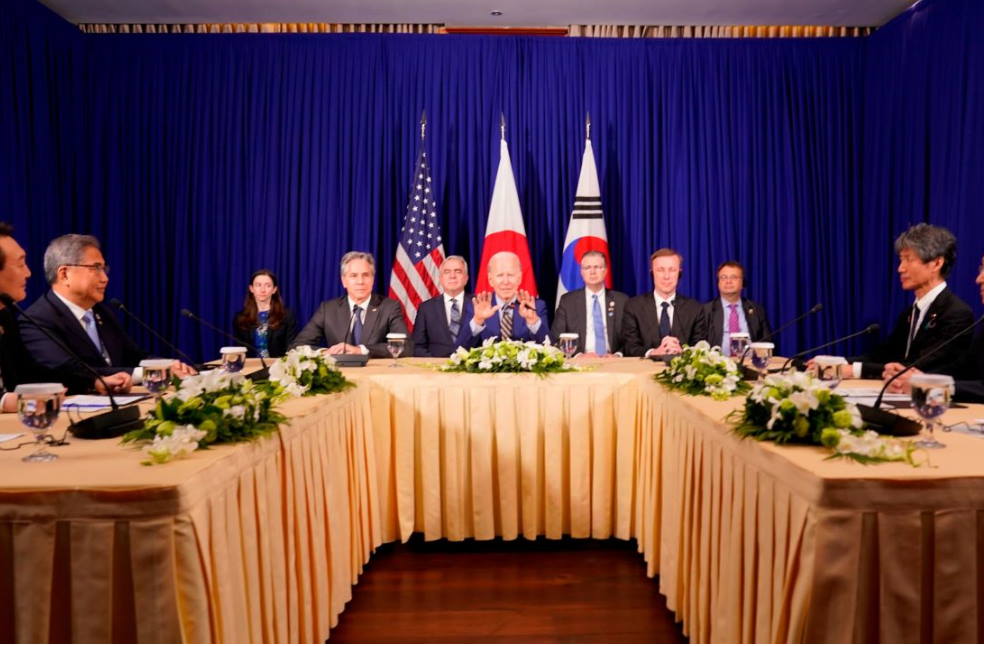
The US President met Mr. Kishida and Mr. Yoon together at the NATO Summit in June and promised to improve cooperation. This was a tough promise for the two key US allies to make since their relationship has been tense for a long time.
The trilateral meeting takes place the day before US President Mr. Biden’s crucial one-on-one meeting with Chinese President Mr. Xi Jinping, their first since Mr. Biden took office. The gathering will happen concurrently with the G20 summit in Bali.
In order to go forward in the coming years, Mr. Biden claimed that, “We just have to figure out what the red lines are and what the most essential things are to each of us.” The trilateral meeting was to include a discussion of the meeting with President Biden, Mr. Yoon, and Mr. Kishida. After appearing at the ASEAN Summit to advance US-Indo-Pacific cooperation, US President attended the East Asia Summit. In his discussions with Asian leaders, Mr. Biden brought up North Korea, China, and Myanmar, according to a readout from the White House.
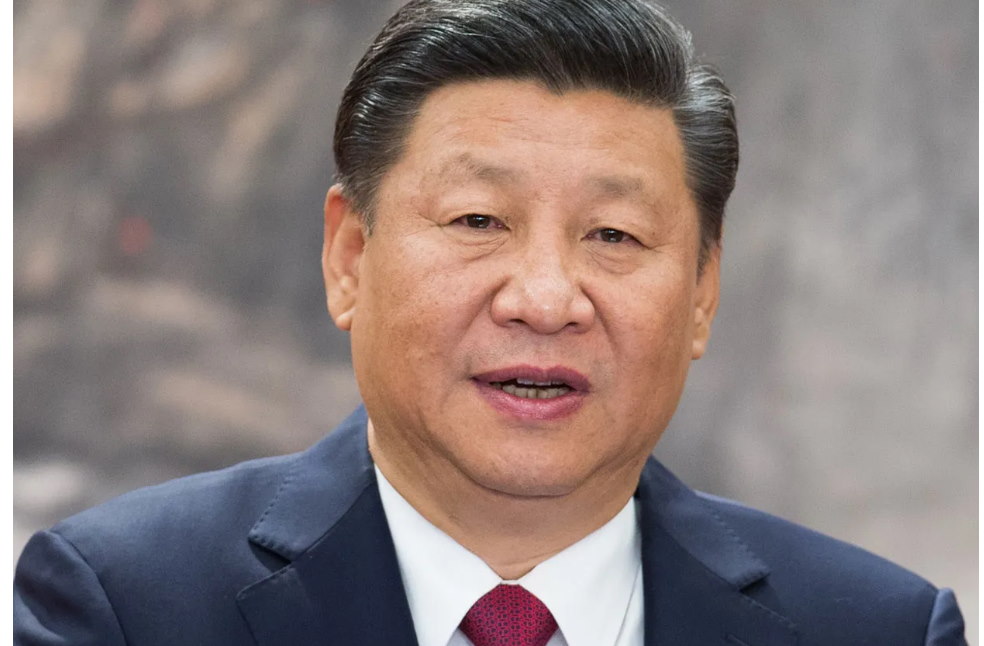
Before meeting with Mr. Xi, Mr. Biden claimed that, “The United States will compete vigorously with (China) and speak out about (China’s) human rights abuses while keeping lines of communication open and making sure competition doesn’t turn into conflict.”
Later President Biden left for Bali. This portion of the trip shows “stepped-up engagement with ASEAN and with Southeast Asia,” a senior administration official told reporters on a teleconference. The official went on to say that Mr. Biden would “lay out our vision for keeping up a pace of enhanced engagement and trying to also address concerns of importance to ASEAN in ways that they are looking for,” adhering to the president-elect’s overarching goal of forging alliances in strategic competition with China.
The source remarked that the ongoing war in Myanmar, where the military overthrew the government in a coup last year, will be one of the main topics of conversation this weekend in Cambodia.
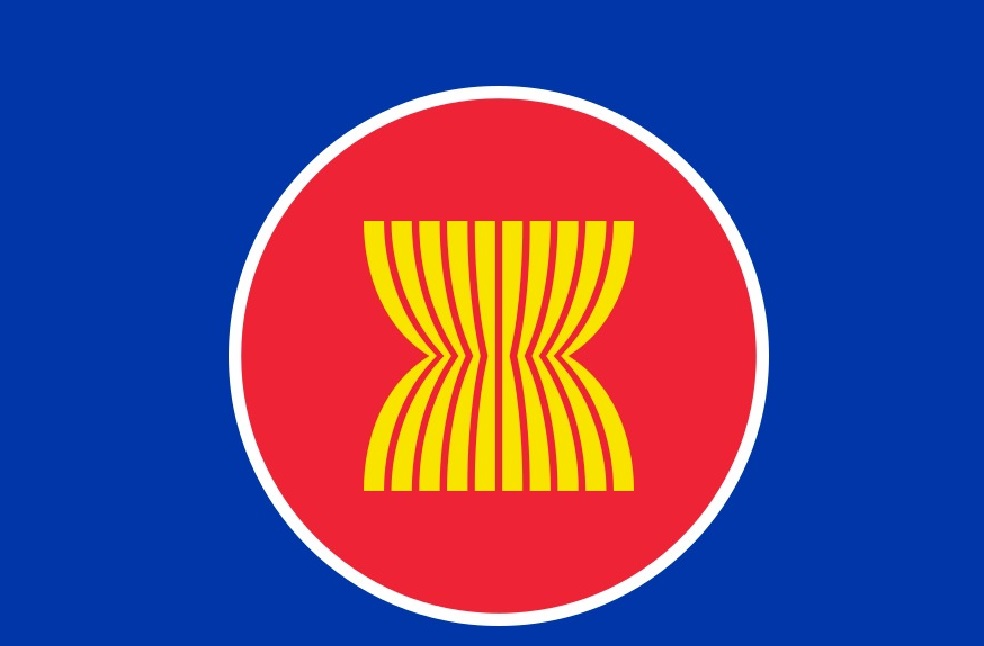
US President traveled to Phnom Penh to attend the ASEAN-US summit and hold a bilateral meeting with Mr. Hun Sen, the Prime minister of Cambodia and the ASEAN chair.
“This is my third trip, my third summit—my second in person—and it’s a testament to the importance the United States places in our relationship with ASEAN and our commitment to ASEAN’s centrality. ASEAN is the heart of my administration’s Indo-Pacific strategy. And we continue to strengthen our commitment to work in lockstep with an empowered, unified ASEAN,” Mr. Biden pointed out in his brief opening remarks as the summit began.
The US President stopped in Sharm el-Sheikh, Egypt, for three hours after the ASEAN summit to attend the COP27 climate meeting and meet with Egyptian President Abdel Fattah El-Sisi.


